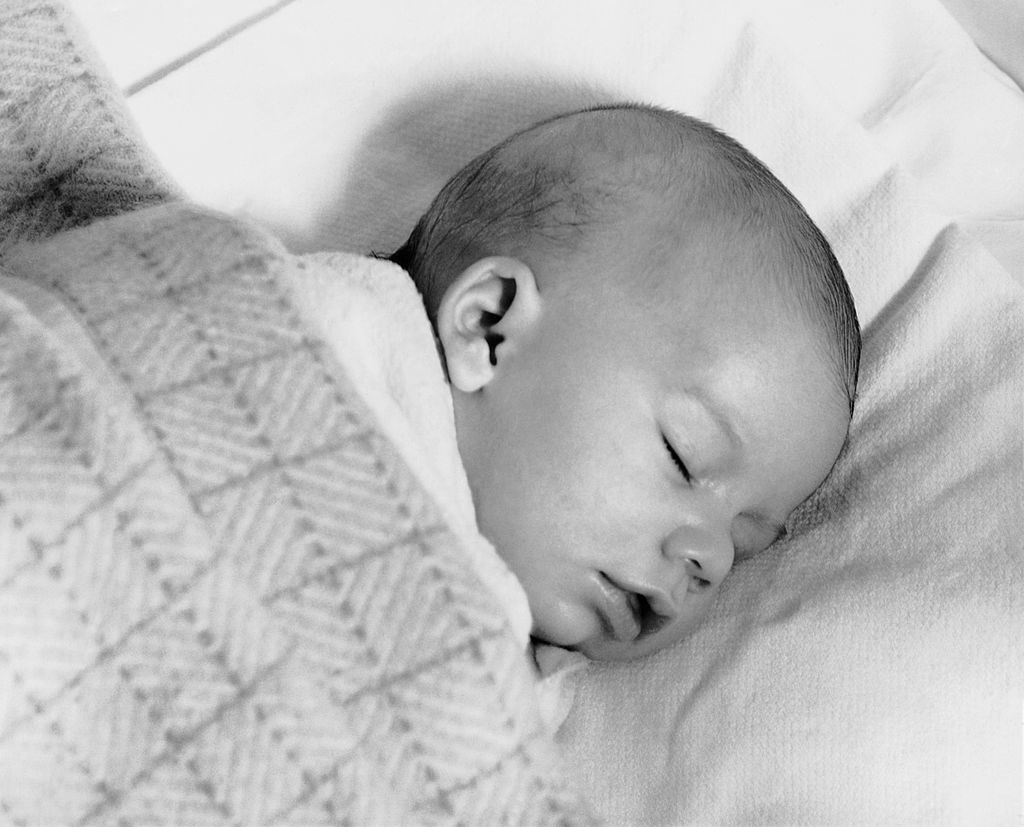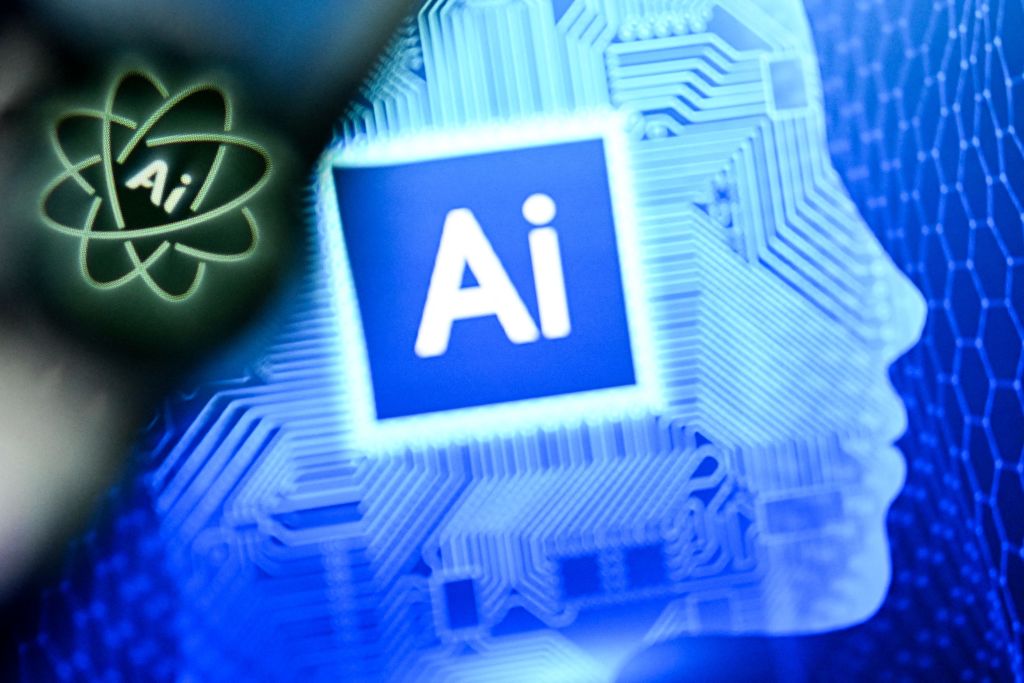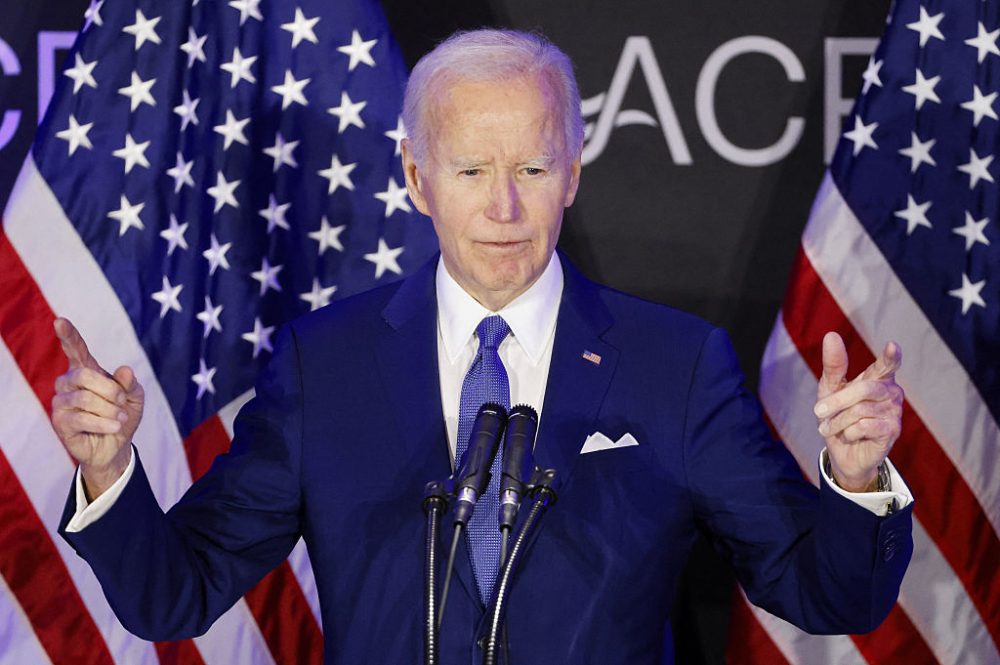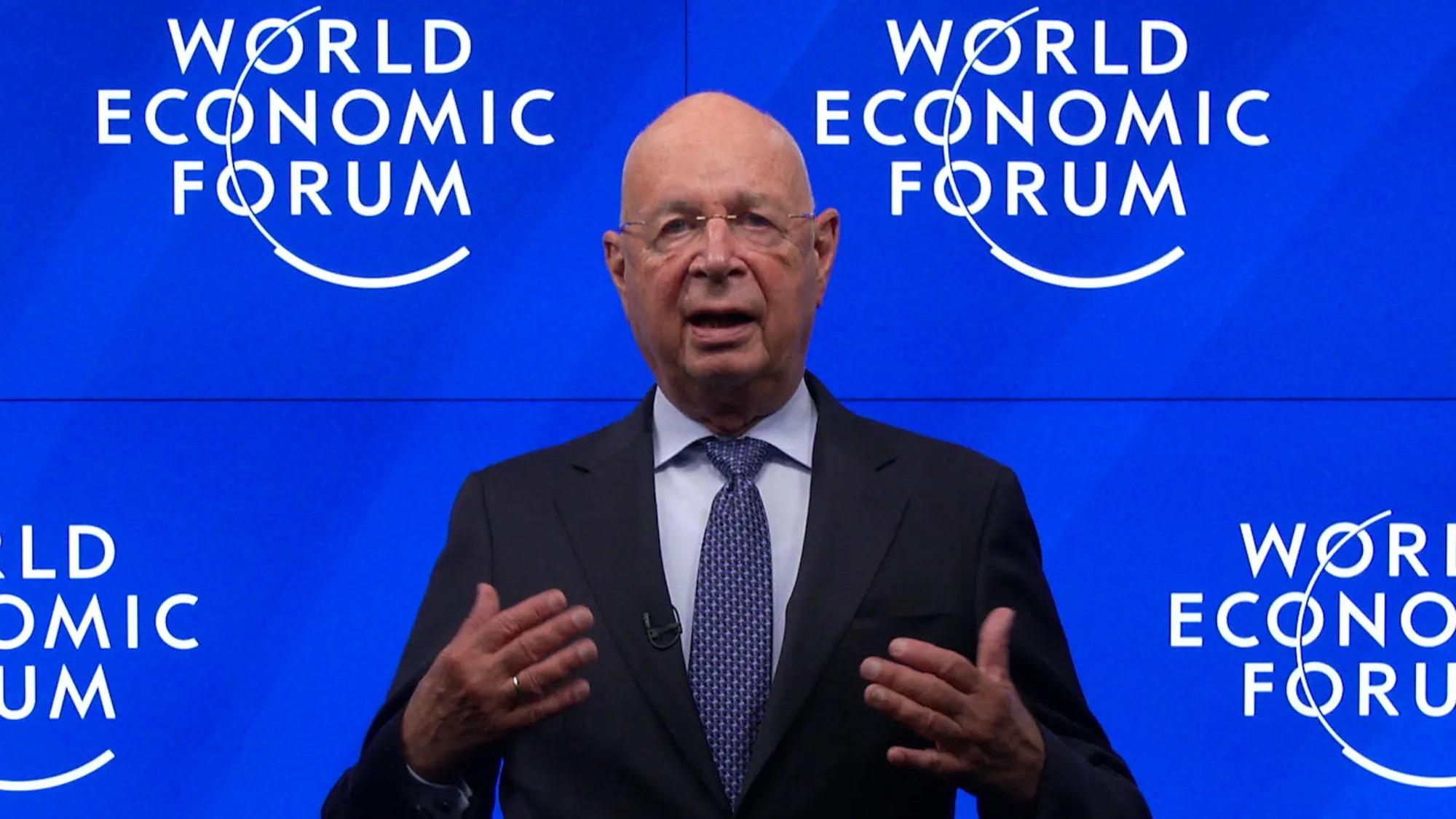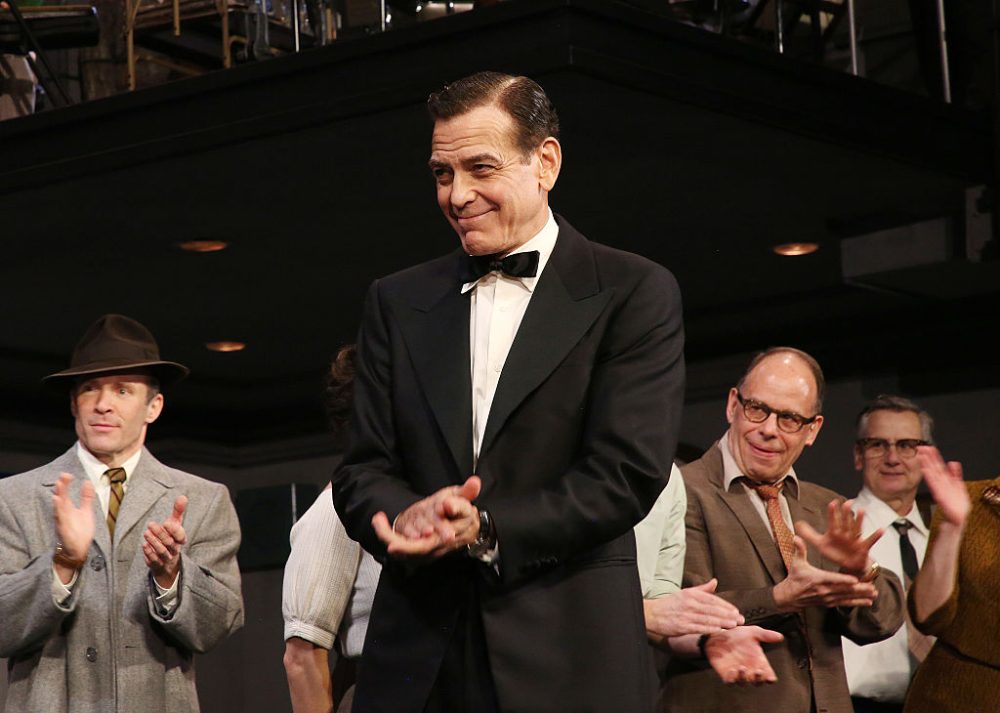My brothers and I grew up in a very active household. We were always busy with sports, schoolwork, and chores, and there was a constant revolving door of friends and teammates. Both of my parents worked full-time as business owners and as our informal chauffeurs. Along with thousands of meals to be prepared, loads of laundry to be done, fights to break up, and the occasional window to be replaced, ours was a house that was never quiet, especially when my brothers tapped their illegal fireworks stash.
To an outsider, it might have looked like being in the middle of a domesticated Lord of the Flies. But there was a purpose to the madness and chaos. We learned conflict management, independence, fire safety, and the value of hard work and cooperation. We supported each other and made each other stronger. And we are lifelong friends. Through it all, my parents quietly but firmly guided us when we needed it, often at a personal sacrifice.
Yet the sacrifice isn’t the whole story. In fact, as I have come to learn raising my own 17-month-old son, it’s a part of life that keeps me growing both emotionally and psychologically. But more and more the narrative I see about what it means to be a parent, especially of larger families, is decisively negative. And in a society where adults can no longer be burdened with the messiness of life — of kids — the war on families has gone mainstream.
Championing childlessness isn’t a new concept. Stanford biologist Paul Ehrlich has never walked back his prediction that humanity is unsustainable and thus families must be curtailed, despite technological and agricultural advances that contradict his reasoning. But when humanity-as-pestilence is your only schtick, facts don’t matter.
In a Maclean’s column titled “The Case Against Having Kids,” Anne Kingston argues that kids “can hurt your career, your marriage, your social life, your bank book. Why bother?” What was cringy and fringy in 2009 has become a growing movement with messaging pushed by corporate America.
In recent weeks, two television commercials have stood out as embodying the message that kids are nothing more than chaos. One such ad for BinaxNOW, an Abbott Covid test kit, shows a man asking his wife if they still need a pregnancy test as they make room in their medicine cabinet for their new Covid test. As the camera zooms in on his wife, raucous kids are heard and a look of disdain crosses her face. The pregnancy test is promptly thrown in the trash.
The other ad from Visible by Verizon contrasts two sisters, one serenely scrolling through her phone in the quiet sanctity of her home, the other surrounded by bedlam as her kids all but light a dumpster on fire in the middle of the living room. The ad clearly conveys that you don’t need a family (and all the baggage) to get an affordable phone plan.
Neither ad highlights the products or the benefits, but the message that resonates is that kids add nothing to life but chronic fatigue, mess, and unhappiness. It makes you wonder if the creative minds behind these ads have kids of their own, and if they do, why they have such a deep-seated animosity towards them.
These trends, together with progressive HR departments providing expenses for employees to get abortions, show corporate America is taking its cue from Ehrlich’s original plea, urging people to stop having kids.
After decades of vilifying TV stay-at-home moms like June Cleaver and Donna Reed, making a mockery of the nuclear family with eye-rolling teens and portraying fathers as beer-swigging dunces, the message from media and corporations about kids and families is “Just don’t do it.” It’s no wonder couples are taking a pass on having children. They’re being bombarded with anti-kid messages, told overpopulation is killing Mother Earth, that having families is an antiquated and selfish ritual. Besides, isn’t it much more stylish and cosmopolitan to have one’s social calendar filled with carefree Saturday brunches and spontaneous jet-set vacays to Rome? Kids are a millstone around society’s neck.
This is both dishonest and a human tragedy. Having kids is so much more than temper tantrums. It’s having a newborn curl his tiny hand around your finger. It’s coming home and getting a big hug and kiss when you walk in the door. It’s seeing the broad smile when she pedals her bike up and down the street on her own for the first time or walking across the stage with a high school diploma in hand. It’s knowing that being a parent is the hardest test of your will, with no way to study or prepare, but that the test comes secure with the knowledge that children aren’t problems, though they may one day grow up and solve them.
A few weeks before Christmas, I received a package from my aunt. She was the “fun” aunt who always brought us gag gifts and told racy jokes. She married but chose to never have children, telling my mom, “Whenever I have the itch to have kids, I just come for a visit and am cured of the urge.” In the box was my grandmother’s cookbook, a handmade ornament, and a very old, delicate stuffed animal. In a note accompanying the items, my aunt wrote, “These are a few things I’ve kept from your grandmother. Since you have a family of your own now, I thought you might like to have them and I’d hate to throw them out. I have no one else to give them to.”
She never knew what she was missing.



